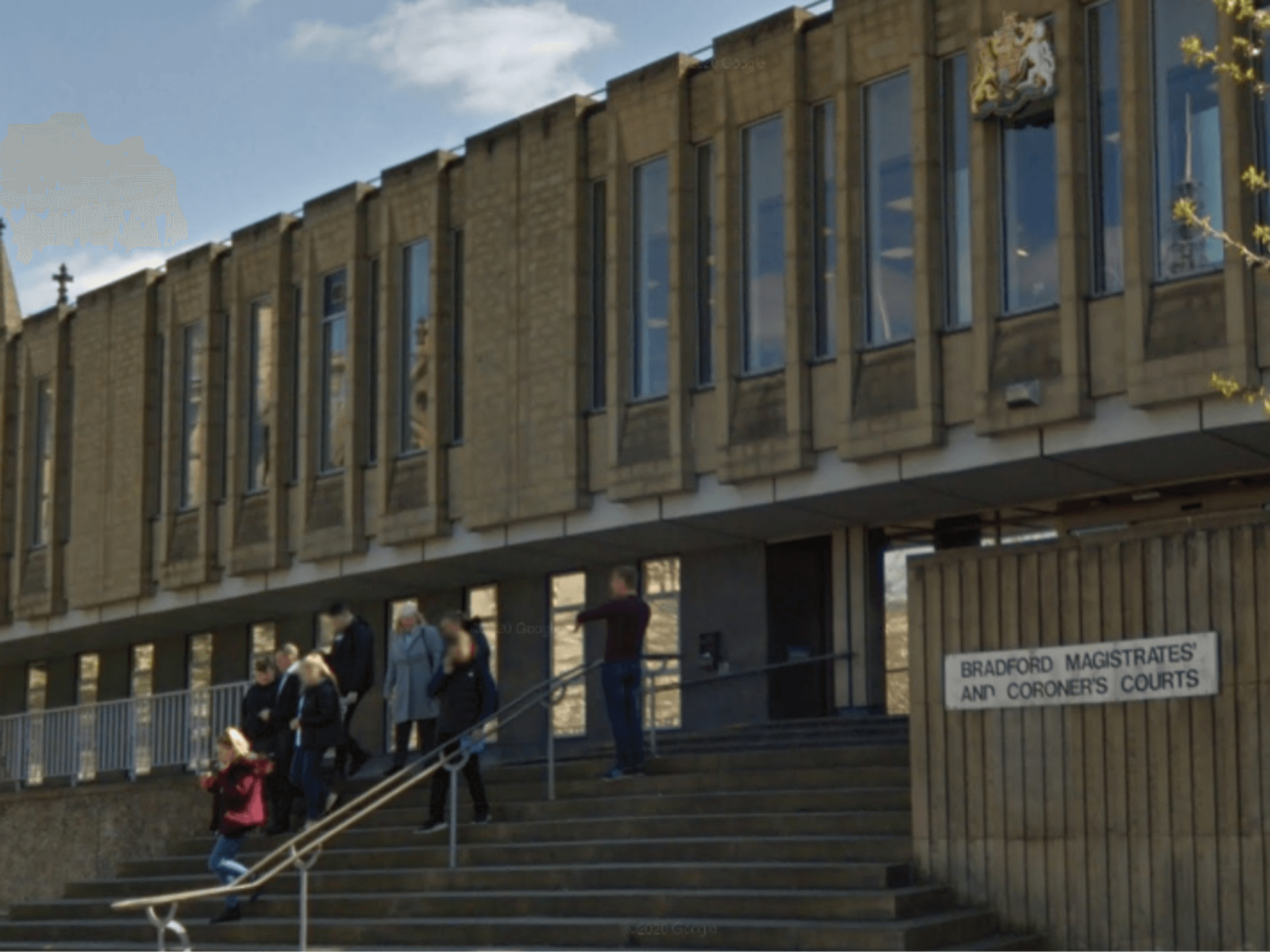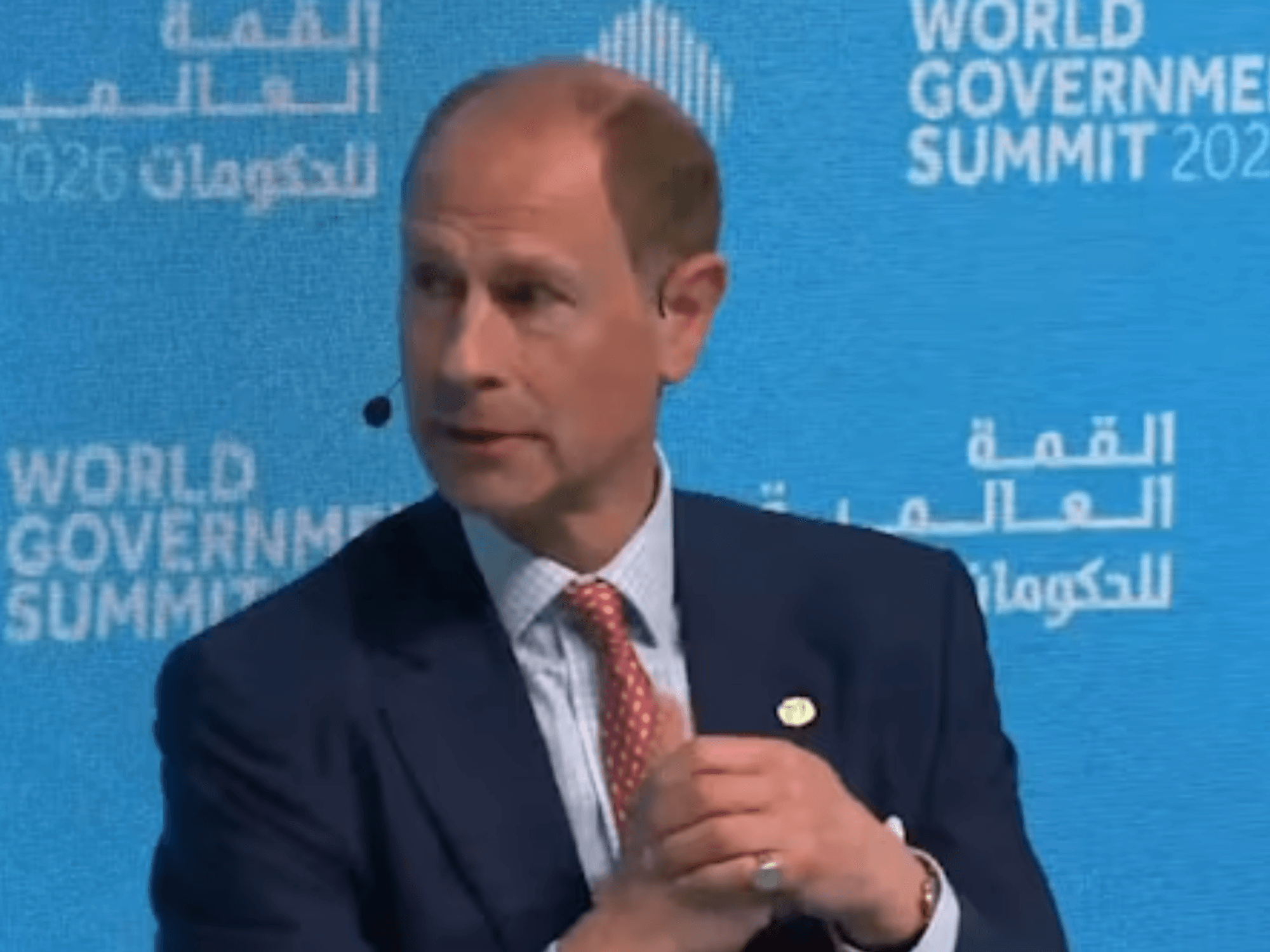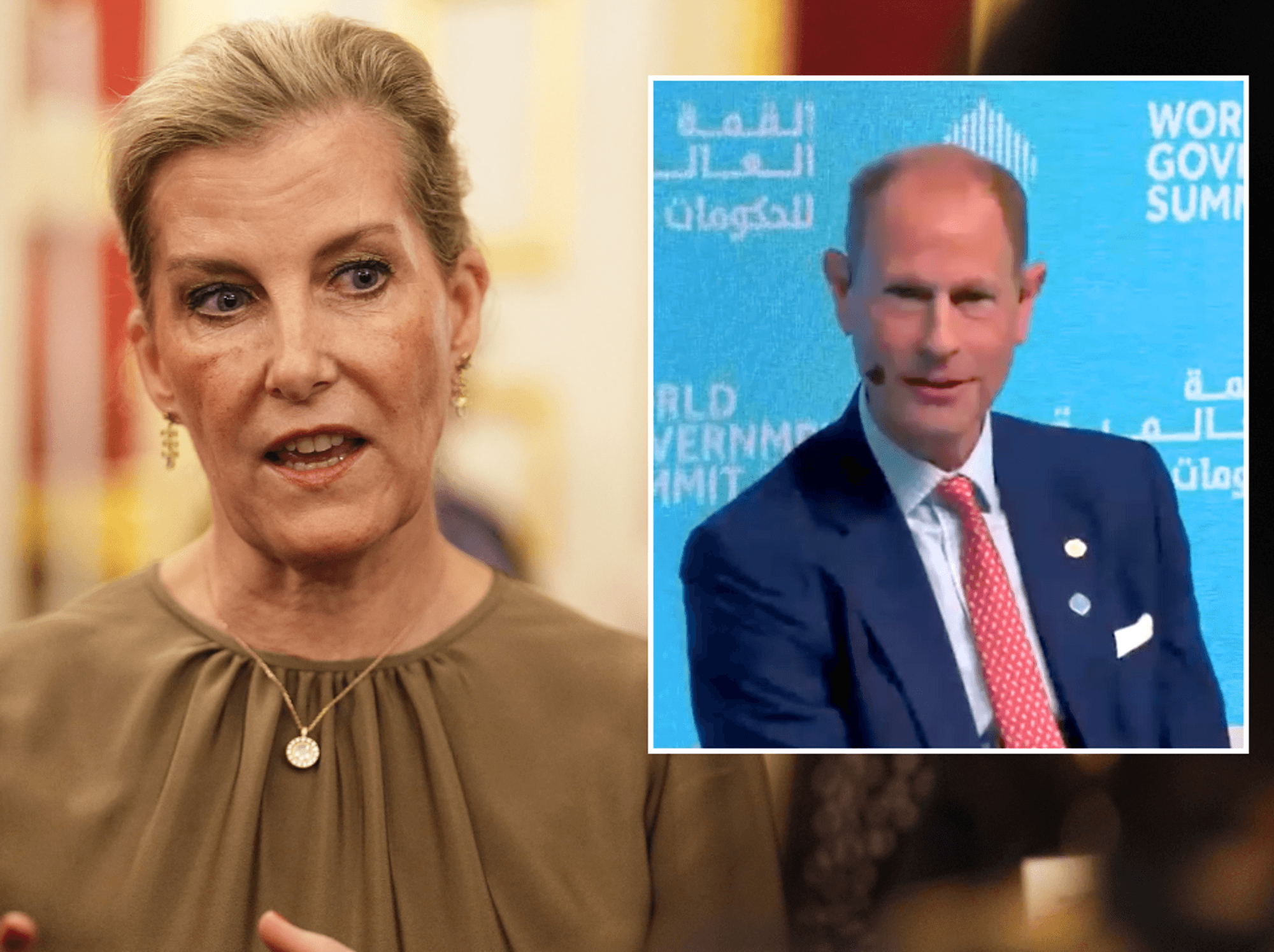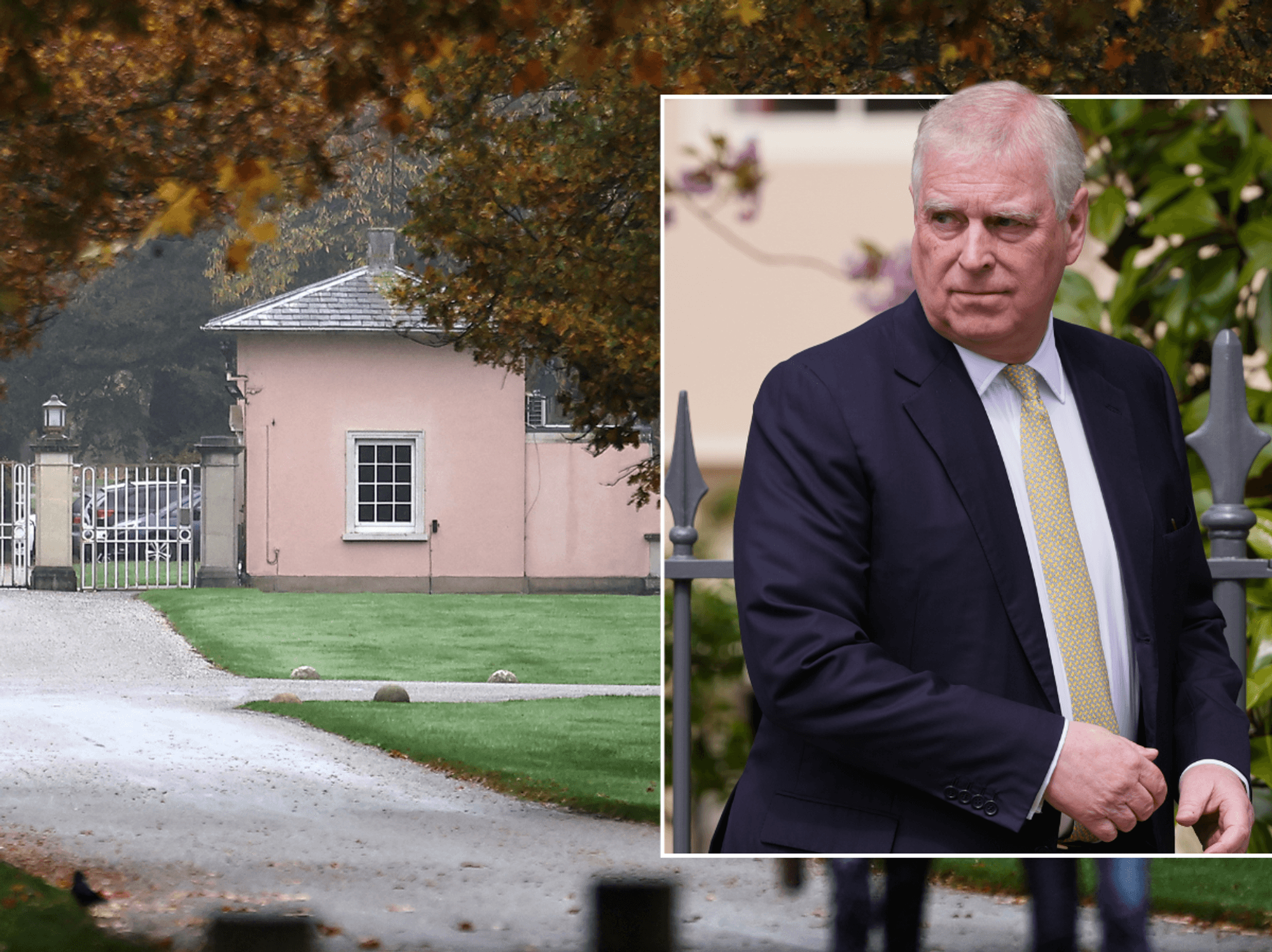Pakistanis and Nigerians among nationalities facing visa restrictions as Home Office cracks down on those most likely to claim asylum

The curbs are expected to face legal challenges - with sources suggesting the move would be discriminatory
Don't Miss
Most Read
Latest
Labour is planning to restrict work and study visa applications from nationalities including Pakistanis, Nigerians and Sri Lankans who are most likely to overstay and claim asylum.
The Home Office will reject visas for individuals who fit the profile of someone likely to claim asylum and who come from countries with high rates of asylum claims in the UK.
These measures are designed to prevent work and study visas being used as a backdoor into Britain's asylum system.
The curbs are expected to face legal challenges, with sources suggesting the move would be discriminatory.
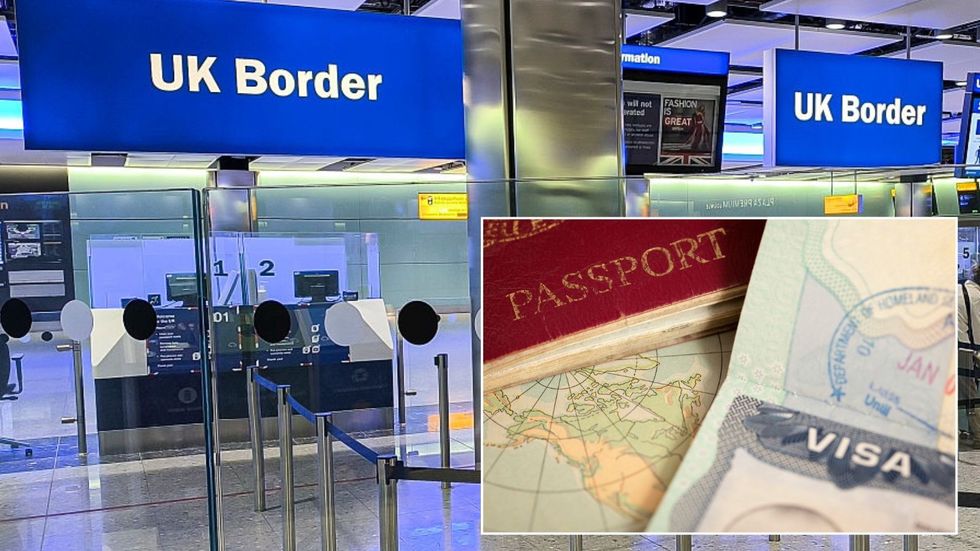
Labour is planning to restrict work and study visa applications from nationalities including Pakistanis, Nigerians and Sri Lankans who are most likely to overstay and claim asylum
|Getty
The plans come after Labour suffered losses to Nigel Farage's Reform in last week's local elections.
Officials will use bank statements submitted by visa applicants to reject claims that they are destitute and require taxpayer-funded accommodation such as hotels.
The Home Office is building intelligence with the National Crime Agency to spot patterns in the profile of people most likely to abuse the visa system.
They have identified Pakistani, Nigerian and Sri Lankan visa holders as the most likely to go on to apply for asylum.
The Government is developing a model to reject visa claims from migrants who fit the profile of someone likely to later claim asylum.
Officials will also investigate whether visa applicants have been in contact with suspected people smugglers or individuals who teach migrants how to exploit the system.
These measures will be part of the Government's Immigration White Paper, due to be published next week.
LATEST DEVELOPMENTS:
The paper will detail Sir Keir Starmer's plan for reducing net migration, which stood at 728,000 last year.
Other expected reforms include restrictions forcing foreign graduates to leave the UK unless they get a graduate level job.
These jobs will be based on skill levels rather than salary.
Immigration reforms were promised in Labour's general election manifesto last year.
Being granted asylum gives individuals the opportunity to stay in the UK permanently, whereas work and study visas are only temporary.
Rejected asylum seekers can prolong their stay by making repeated appeals to frustrate their deportation.
Home Secretary Yvette Cooper is concerned about a sharp increase in migrants on work and study visas who go on to claim asylum and are housed in Home Office-provided accommodation.
Last year, 40,000 asylum claims were lodged by people who had held a UK visa, representing 37 per cent of the total.
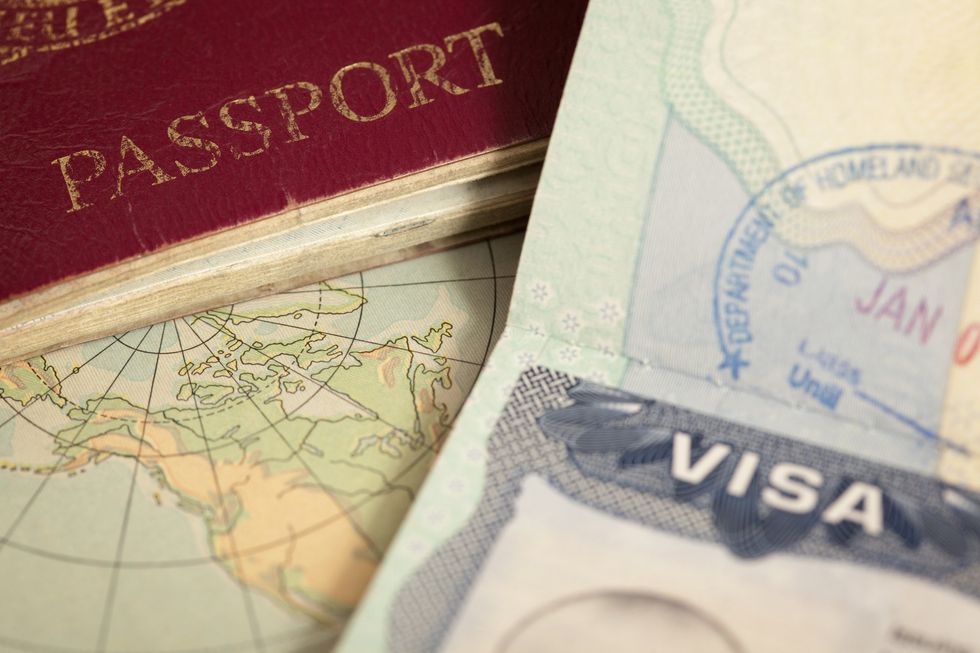
The measures are designed to prevent work and study visas being used as a backdoor into Britain's asylum system
|Getty
This exceeds the 35,000 asylum applications from migrants who arrived on small boats.
Of these claims, 16,000 were from foreign students, 11,500 had a work visa, and 9,500 had a visitor visa.
Nearly 10,000 asylum claimants who had originally arrived in the UK legally on work or study visas were living in taxpayer-funded accommodation at some point last year.
Shadow Home Secretary Chris Philp criticised the plans as "a desperate response to the thrashing Labour got in last week's elections".
He added: "Like everything Starmer offers, it is just performative and won't make a difference. The system already refuses visas for people who fit the profile of asylum claimants."
A Home Office spokesman said they would "not hesitate to take action" where trends undermining immigration rules are detected.
"To tackle abuse by foreign nationals who arrive on work and study visas and go on to claim asylum, we are building intelligence on the profile of these individuals to identify them earlier and faster," the spokesman said.
“We keep the visa system under constant review and where we detect trends, which may undermine our immigration rules, we will not hesitate to take action.”
Enver Solomon, chief executive of the Refugee Council, warned: "To restrict access to seeking asylum based on a person's nationality would not only be unfair but also discriminatory."
He noted some visa holders may face risks if political situations in their home countries change.







